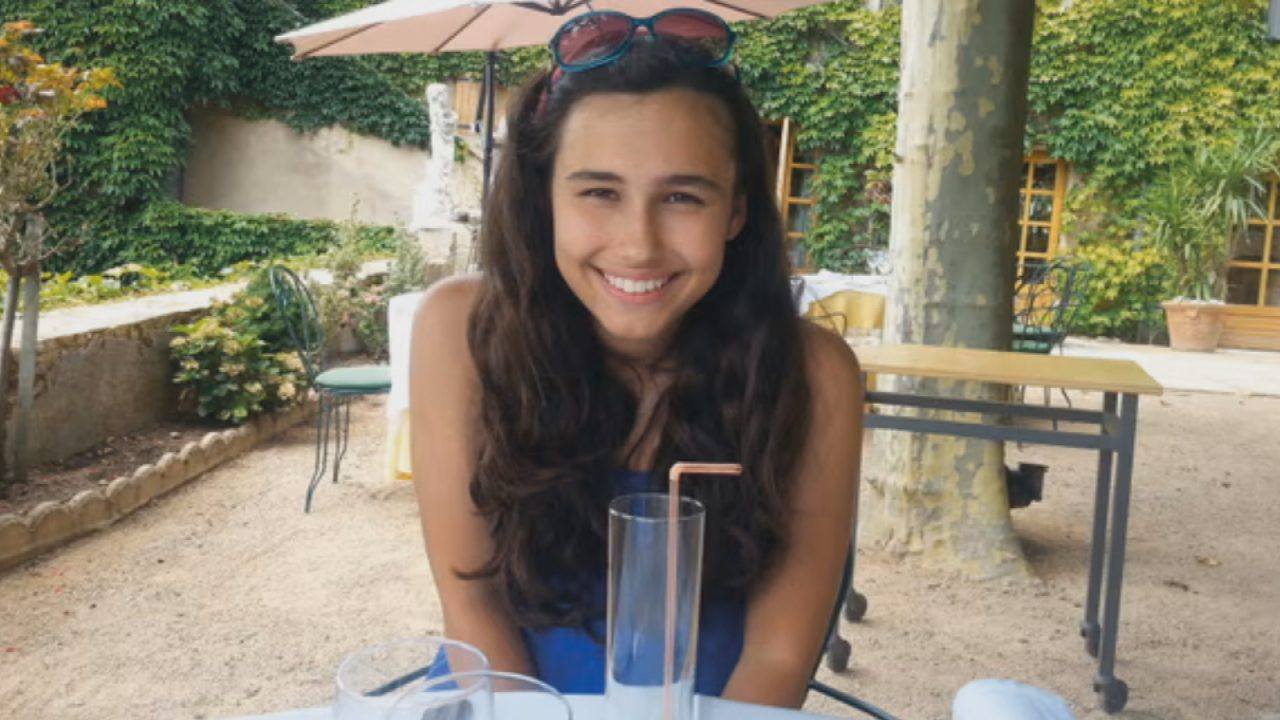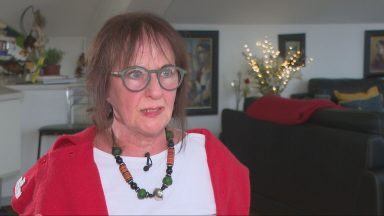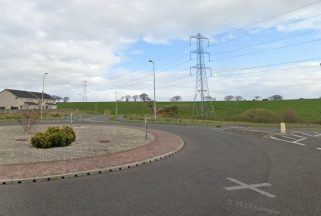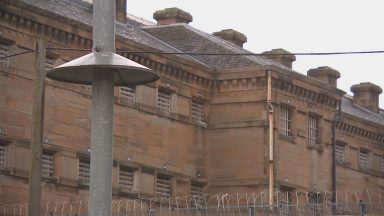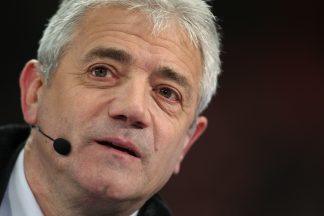The parents of a teenager who died from a severe allergic reaction have set up a pioneering clinical trial in their daughter’s name for children with food allergies.
Nadim and Tanya Ednan-Laperouse hope the trial, in memory of their daughter Natasha, will help desensitise children to allergies through oral immunotherapy.
The couple are also calling on the Scottish Government to take the lead in improving allergy care and prevention.
One in six people in Scotland is thought to have a food allergy or live with someone who does. But those behind the trial say more needs to be done to understand, treat and prevent allergic reactions.
Four-year-old Charlie, from Edinburgh, is among the children taking part. He has a serious peanut allergy, which has made even birthday parties a careful balancing act for his family.
His mum, Heather, says everyday life can be stressful.
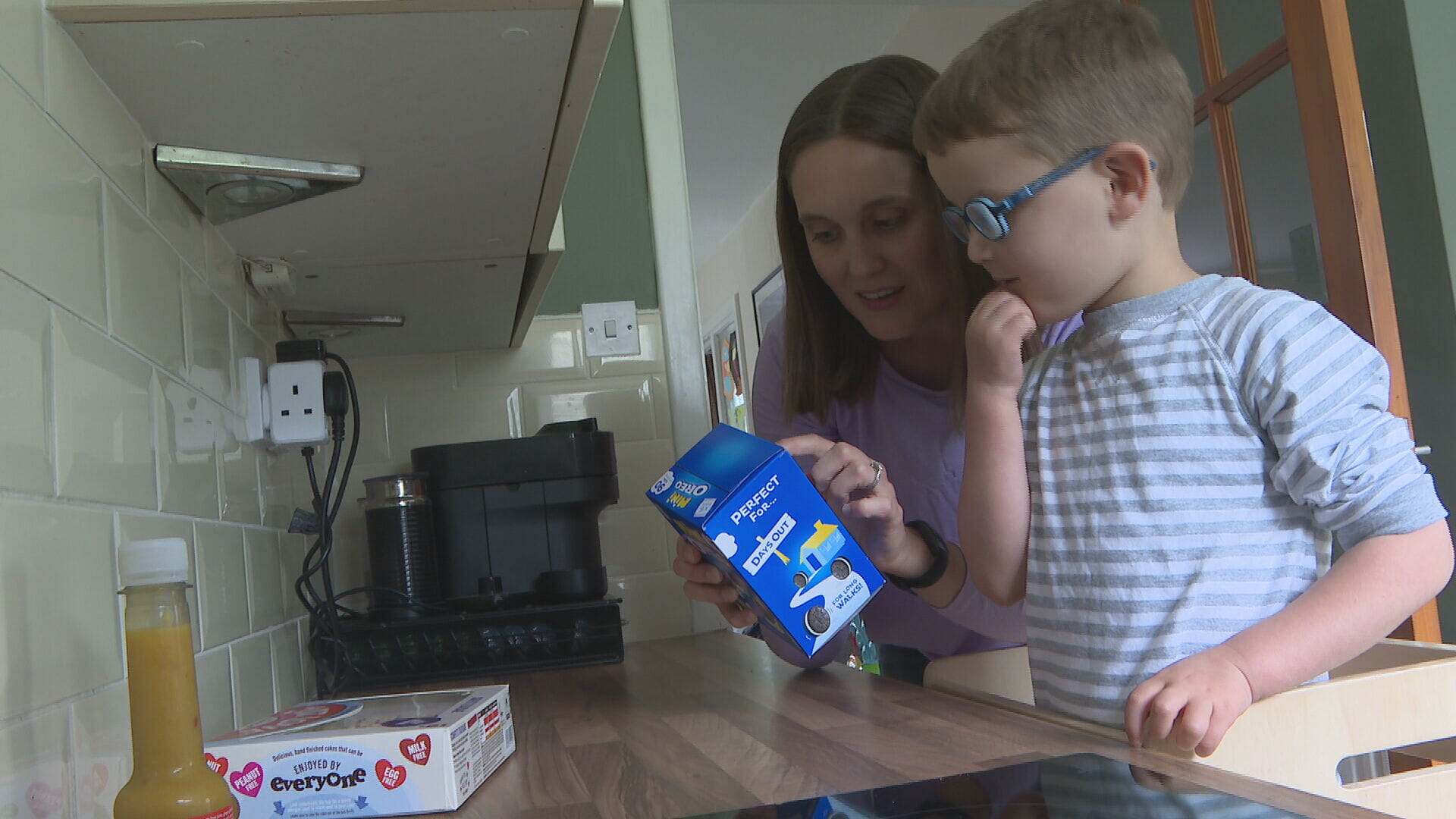 STV News
STV News“It’s quite scary,” she told STV News. “When he was younger, it was easier to control, but now he’s getting older, and sees what other kids are eating, it’s harder. He can’t always eat the same as his friends.”
Charlie is now receiving daily micro-doses of peanuts at home, under strict medical supervision. The hope is that over time, his body will build tolerance.
Jurgen Schwarze, chair of child life and health at the University of Edinburgh and one of the trial’s clinical leads, says the project is exploring whether the therapy – normally carried out in hospitals – could work safely at home using shop-bought foods and remote support.
“We know the method works. What we’re trying to learn is whether it can be delivered more widely, and more accessibly, without compromising safety.”
The £2.7m trial was borne from tragic circumstances.
Natasha was just 15 when she died after eating a baguette containing sesame seeds – an ingredient not listed on the packaging. Her death led to sweeping changes in UK food labelling laws, now known as “Natasha’s Law”.
Her parents hope the trial, running in NHS Lothian and NHS Grampian, will prevent similar tragedies and generate vital data for Scotland’s healthcare system.
“No parent should have to bury their child because of something as simple as food,” said Nadim. “We need Scotland to produce its own data, so that its health services can respond with targeted action.”
The family is also calling for an “allergy tsar” to be appointed – someone to coordinate services and ensure allergy care is consistent across Scotland.
 STV News
STV News“There aren’t enough clinics, especially for children,” said Tanya. “There’s no national register for anaphylaxis, no coordinated support.
“An allergy tsar could bring the right people together to make meaningful change.”
While the results won’t be published until 2027, it is hoped the trial’s findings will help prevent tragedies like Natasha’s from happening again.
Follow STV News on WhatsApp
Scan the QR code on your mobile device for all the latest news from around the country


